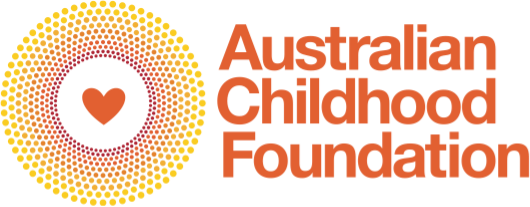CHANGE – curtailing harm and navigating growth: evidence for change pathways of young people who have engaged in harmful sexual behaviour
- Children & young people
- First nations
- Harmful sexual behaviours
- Prevention
- Therapeutic responses
36 months
(funded by National Centre)
$240,188
Research
Project Lead
Professor Jo Spangaro, University of Wollongong
Dr Kenny Kor, University of Wollongong
Project Team
Professor Simon Hackett, Durham University
Professor Jason Payne, Griffith University
Dr Summer Finlay, University of Wollongong
Dr Jacqui Cameron, University of Wollongong
Karlie Stewart, University of Wollongong
A/Prof Julaine Allan, Charles Sturt University
Background and Aim
Early intervention for young people who engaged in harmful sexual behaviour is seen as crucial to secondary prevention. However, considerable shame is attached to seeking help for this stigmatised, hidden behaviour, and those who do receive help often withdraw from intervention. Current interventions also largely focus on risk reduction, rather than longer-term life-course outcomes. CHANGE aims to investigate factors that contribute to completion and non-completion of specialist intervention for harmful sexual behaviours, examine how the completion and non-completion groups differ in recidivism and wellbeing outcomes after intervention, and identify change pathways to cease harmful sexual behaviours and improve life-course outcomes.
Methods
This mixed-methods design includes data linkage to compare recidivism and life-course outcomes between intervention completers and those who withdraw, interviews with young people and families about their lived experiences in education, employment, relationships, health and culture, and realist analysis to identify pathways to change.
Significance
CHANGE will contribute research-formed knowledge to help services develop more effective strategies to enable young people’s completion of intervention and enhance safety, and develop more nuanced policy responses in re-design of the service system to reduce recidivism and address young people’s long-term developmental needs.
- Children & young people ,
- First nations ,
- Harmful sexual behaviours ,
- Prevention ,
- Therapeutic responses






